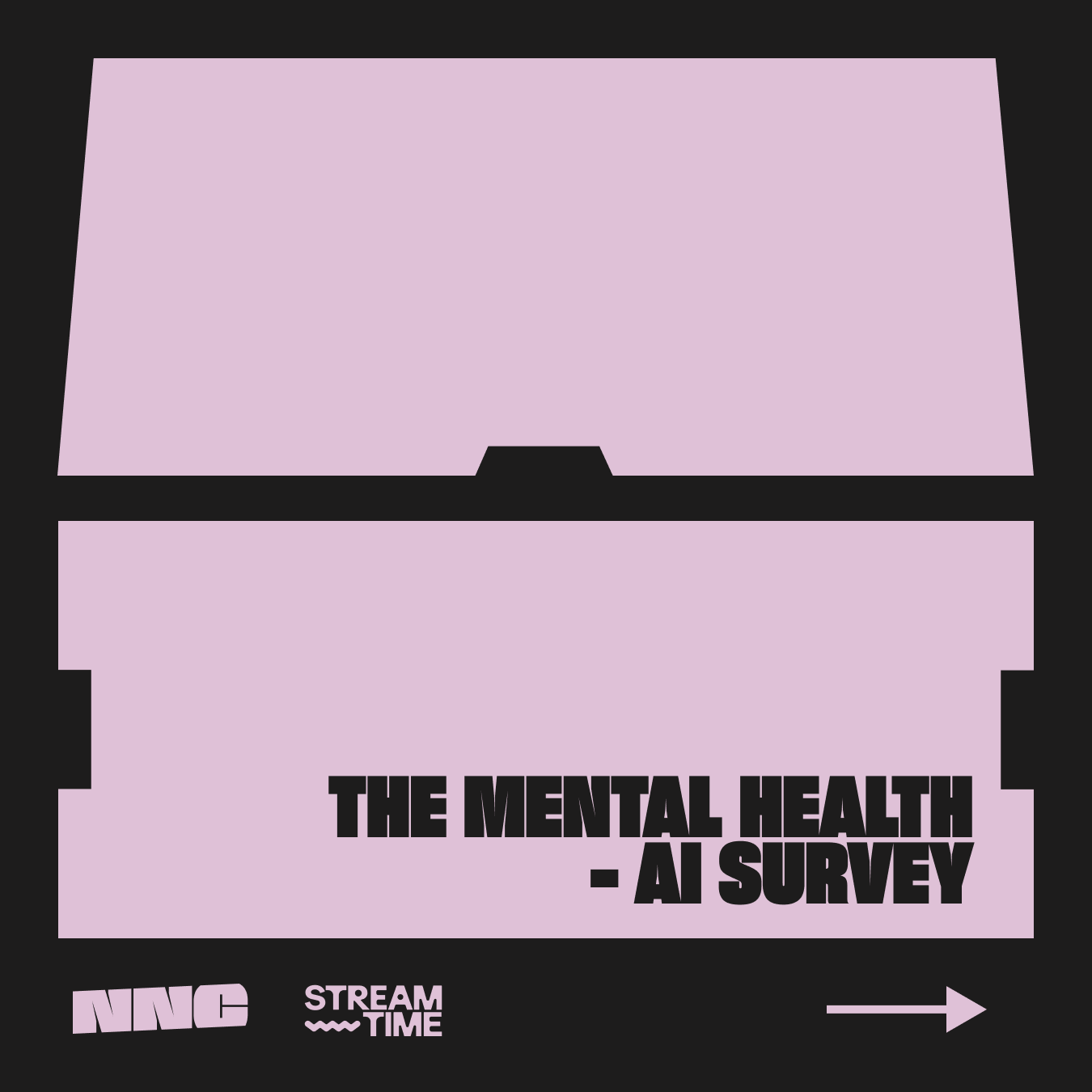New research on empathy in advertising industry highlights the gap between leaders and junior staff.
Different Shoes - the first ever study into empathy within the media, marketing and creative industry has shown the importance of empathetic workplaces and highlighted a gap between the perceived levels of empathy between leadership roles and junior roles. Following the Mentally Healthy 2020 study which found that the key driver for more mentally healthy workplaces was educated; empathetic leaders, the ‘Different Shoes’ empathy study drilled down into the role, benefits and barriers to empathy in the workplace.
The study surveyed over 500 people across the industry with 86% of respondents stating empathy at work was personally important to them. However, only 38% believed their employer valued empathy.
The key benefits of empathy in the workplace were perceived to be better collaboration between teams, improvement in job satisfaction and a more inclusive work culture. On the flip side, over 51% of respondents were considering leaving their organisation in the next 12 months with those who felt they weren’t accepted for who they are at their workplace and didn’t feel they belonged or worked at an inclusive workplace, more likely to consider leaving. Likelihood to leave was also higher in the mid-junior levels (61%) compared to the overall responses (51%).
Andy Wright, co-chair of the Mentally Healthy Change Group and Founder of Never Not Creative commented:
“It’s been positive to see the focus on mental wellbeing improving since Never Not Creative and UnLtd came together to form the Mentally Healthy Change group in 2018. The data from the Different Shoes study tells us empathy is personally important to employees and that leaders genuinely wish to care for their people, however it appears respondents are not always seeing empathetic intentions modeled because often the business comes first. Indeed, the stronger the belief that a business puts profit first, the stronger the likelihood for people in the company to want to leave.”











